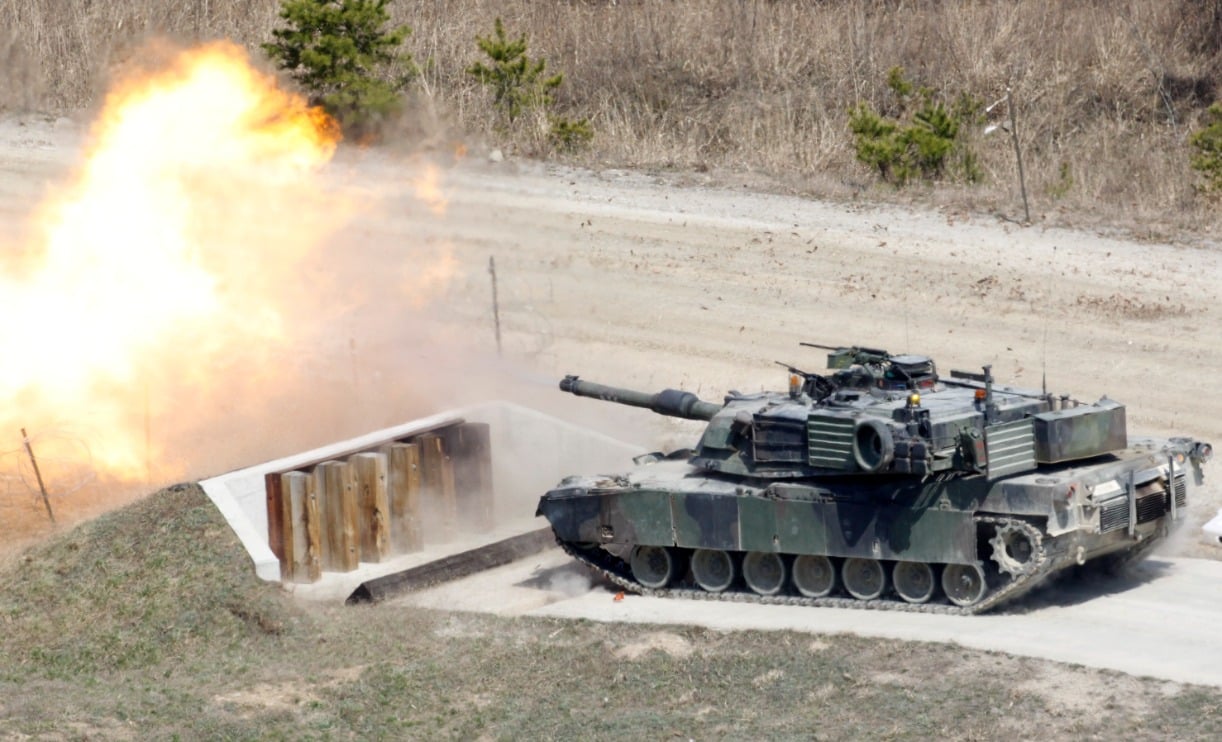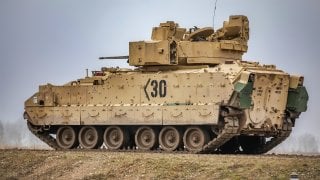Ukraine’s Kursk Incursion: Another Nail in the Coffin of Putin’s Regime?
Ukraine's bold incursion into Russia's Kursk region marks a significant escalation in the conflict, challenging President Putin's war narrative.
Summary and Key Points: Ukraine's bold incursion into Russia's Kursk region marks a significant escalation in the conflict, challenging President Putin's war narrative.
-While the tactical or strategic advantages of holding Russian territory remain uncertain, the operation has successfully brought the war back to Russian soil, undermining the Kremlin's portrayal of the conflict as controlled and existential.
-This move disrupts domestic support in Russia by highlighting vulnerabilities and contradicting state propaganda.
-Historical precedents show that Russian morale can falter when the purpose of war is questioned at home. The Kursk operation not only boosts Ukrainian morale but also incrementally erodes the foundations of Putin's regime.
Ukraine's Kursk Offensive: A Bold Strike Challenging Putin's War Narrative
Ukraine’s Kursk operation has been characterized as bold and audacious. Its objectives remain speculative, and it is uncertain whether Ukraine can leverage its control over a substantial Russian territory, unprecedented since World War II, to gain a tactical or strategic advantage. While the military outcome of this operation is undeniably significant, equally important is Ukraine's ability to successfully dent Putin’s war narrative.
Before the invasion, Russian military theorists stressed that maintaining domestic support was crucial for victory. Historical precedents demonstrate that high casualties and poor battlefield conditions do not necessarily diminish Russia’s morale, but doubts on the home front about the war's purpose, such as during World War I, can lead to military disarray.
To maintain support after it invades Ukraine, the Kremlin has vigorously suppressed opposition. Measures have included blocking access to foreign and independent media, increasing punishment for anti-war statements, and marginalizing war critics. Russian leadership remains ambiguous about the war's objectives, adapting them as the conflict evolves. The war has been framed as existential, facilitating the militarization of the economy, culture, and education and tightening governmental control.
From the early stages of the war, Ukraine has emphasized the importance of bringing the war back to Russia. Western strategy has focused on making Russia feel the pain through sanctions, which, beyond their economic impact, have an important symbolic effect on ordinary Russians who take pride in their country’s performances in international competitions and cultural events.
Russians have tolerated these “inconveniences” in exchange for promised stability and security. The war itself was framed as an effort to restore normalcy for an allegedly oppressed population identifying as Russian. Ukraine's incursion into Kursk has significantly undermined this narrative.
The supposed invincibility of Putin’s regime and Russia’s military has been repeatedly questioned before. Military bloggers still remember the withdrawal from Kyiv and the loss of Kherson. Russia's limited advancements relative to resources spent are quietly acknowledged by many inside the country.

Prigozhin's mutiny, although unsuccessful, revealed a lack of popular enthusiasm, as evidenced by the reception of Wagner fighters. Russia's economy shows signs of distress, raising doubts about its sustainability. Declining arms sales and strained Russia-China relations further weaken Russia's geopolitical influence. The regime's promise of stability is increasingly challenged by its inability to address non-war-related issues, such as the anti-Semitic mob assault on an airport in Dagestan and the Crocus City Hall attack.
The Kremlin's pledge of security is becoming harder to uphold, even among its supporters. Attacks on the Crimea bridge, the sinking of Russian military ships, and drone strikes within Russia have elicited calls for severe responses, which have not materialized.
Since the start of the Kursk operation, the same propagandists have urged trust in the military but admitted the firehose of lies surrounding this particular event and the war generally. The Kursk operation is often downplayed in Russian media and framed as a distraction from the goals of Donbas. However, Ukraine's ability to hold these territories and the contradictory reports about the situation have caused a stir on Russian Telegram.
The Kursk offensive is unlikely to cause the collapse of Putin's regime. But the image of Ukrainian soldiers planting a flag in a Russian city will likely stay in the memory of ordinary Russians. Although the implementation of Ukraine's victory plan depends on various factors, including the timeliness and volume of military aid, successes like this are incrementally eroding the Putin regime's foundation while also boosting Ukraine’s will to fight, which has proved crucial in this war.
About the Author
Khrystyna Holynska is an assistant policy researcher at RAND and a Ph.D. student at the Pardee RAND Graduate School.
Image Credit: Creative Commons and/or Shutterstock.


